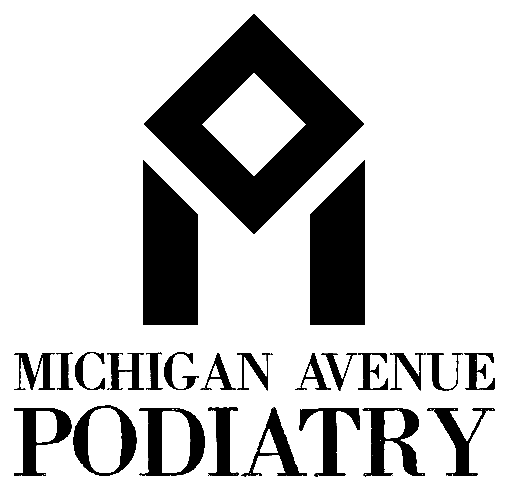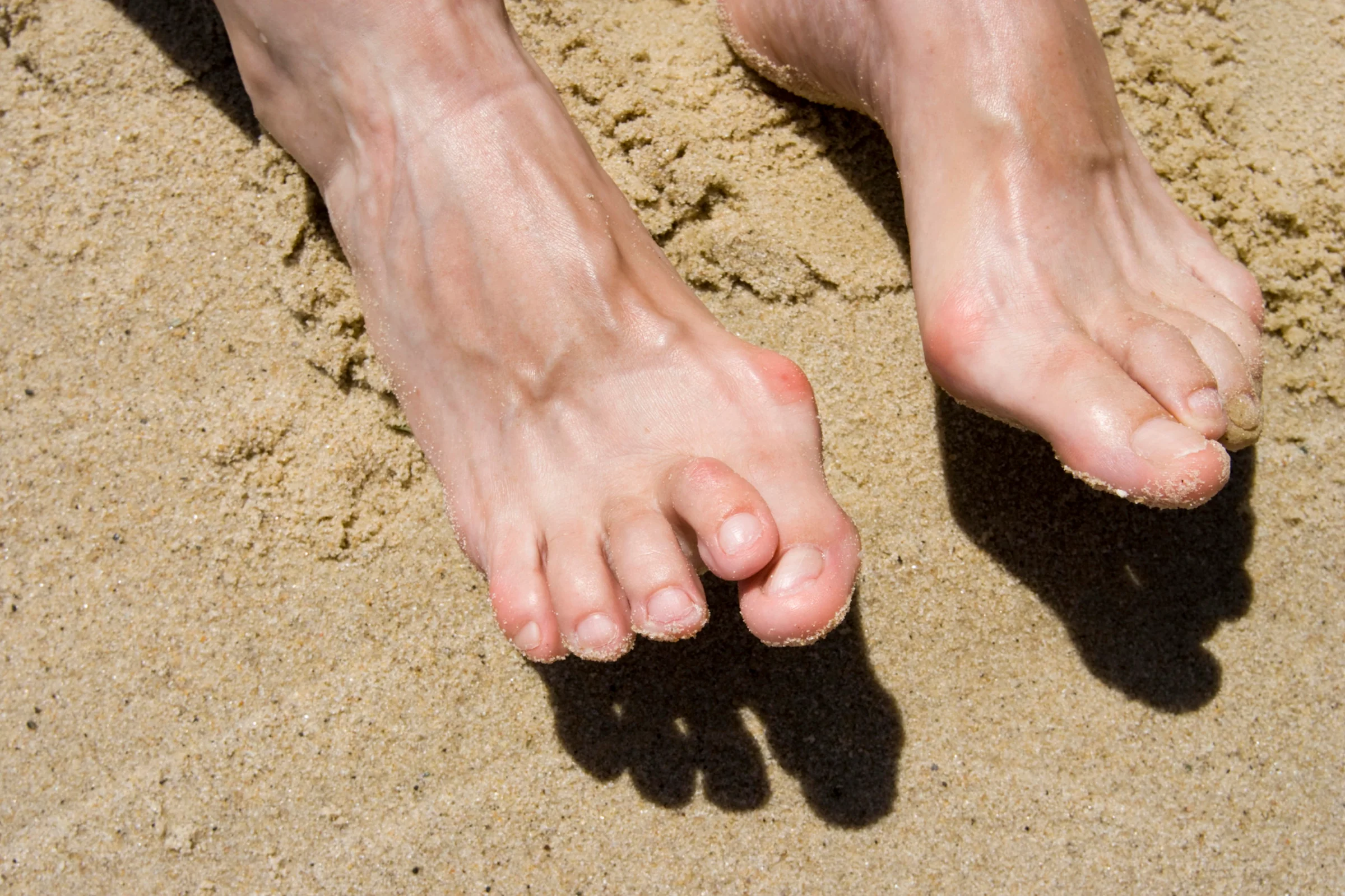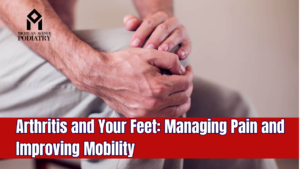Hammer toes are a common foot condition where one or more toes bend downward at the middle joint, resembling a hammer. This deformity can cause discomfort and pain, making it difficult to wear shoes comfortably. Hammer toes can affect anyone, but certain factors can increase the risk, such as wearing ill-fitting shoes, genetic predisposition, or conditions like arthritis. If you’re in Chicago and experiencing issues with hammer toes, it’s essential to consult a podiatrist for proper diagnosis and management. Here, we’ll explore what hammer toes are, their causes, symptoms, and effective care tips from experienced Chicago podiatrists.
Causes of Hammer Toes
Hammer toes develop due to an imbalance in the muscles, tendons, or ligaments that hold the toe in place. Some common causes include:
- Improper Footwear: Shoes that are too tight, narrow, or high-heeled can force the toes into an unnatural position, leading to hammer toes over time.
- Muscle Imbalance: Weak or imbalanced muscles in the foot can contribute to the development of this condition.
- Genetics: A family history of foot problems may increase your chances of developing hammer toes.
- Injury: Trauma to the toe can cause it to bend inappropriately, leading to hammer toe formation.
- Arthritis: Inflammatory conditions can affect the joints and lead to changes in toe position.
Recognizing the Symptoms
The symptoms of hammer toes may vary, but common signs include:
- Bending of the Toe: The most noticeable sign is the bending of one or more toes at the middle joint.
- Pain and Discomfort: This can occur in the affected toe, especially when wearing shoes.
- Calluses and Corns: The toe may develop calluses or corns due to friction against footwear.
- Difficulty Moving the Toe: Limited mobility in the affected toe may occur as the condition progresses.
When to See a Podiatrist
If you experience persistent pain, discomfort, or difficulty in moving your toes, it’s crucial to consult a Chicago podiatrist. Experts like Dr. Kelsey Krotiak, Dr. Asim Qureshi, Dr. Zane Qureshi, Dr. Kevin O’Connor, and Dr. Mohammad Usman at Michigan Avenue Podiatry can provide a comprehensive evaluation and recommend an appropriate treatment plan tailored to your needs.
Care Tips for Managing Hammer Toes
Here are some care tips to help manage and relieve the symptoms of hammer toes:
1. Choose Proper Footwear
Wearing shoes that fit properly is one of the most effective ways to prevent and manage hammer toes. Look for shoes with:
- A Wide Toe Box: Ensure there’s enough room for your toes to move freely without squeezing.
- Low Heels: Opt for shoes with lower heels to reduce pressure on the toes.
- Arch Support: Shoes with good arch support can help maintain proper foot alignment.
2. Use Orthotic Devices
Custom orthotics or over-the-counter arch supports can help redistribute pressure on the feet and improve overall alignment. Our podiatrists can assess your needs and recommend suitable options.
3. Stretch and Strengthen
Performing specific foot exercises can help strengthen the muscles around your toes and improve flexibility. Simple exercises include:
- Toe Curls: Pick up small objects with your toes to strengthen the toe muscles.
- Stretching: Gently stretch your toes and feet to maintain flexibility.
4. Use Padding and Taping
Using protective pads or cushions can help alleviate pressure on the affected toes and reduce discomfort. Taping the toes in a more natural position may also provide relief.
5. Maintain a Healthy Weight
Excess weight can put additional pressure on your feet, exacerbating the symptoms of hammer toes. Maintaining a healthy weight through balanced nutrition and regular exercise can help reduce this pressure.
Treatment Options from Chicago Podiatrists
If conservative measures don’t provide relief, or if the hammer toe becomes more severe, our Chicago podiatrists may recommend:
- Physical Therapy: A physical therapist can work with you to develop a personalized exercise program.
- Injections: Corticosteroid injections may help reduce inflammation and pain.
- Surgery: In severe cases, surgical intervention may be necessary to correct the deformity and relieve pain.
Conclusion: Seek Professional Help
If you suspect you have hammer toes or are experiencing any symptoms, don’t hesitate to reach out to the experts at Michigan Avenue Podiatry. Our board-certified podiatrists, including Dr. Kelsey Krotiak, Dr. Asim Qureshi, Dr. Zane Qureshi, Dr. Kevin O’Connor, and Dr. Mohammad Usman, are dedicated to providing compassionate care and effective treatment options. Schedule an appointment today to discuss your concerns and take the first step toward healthier, happier feet!



